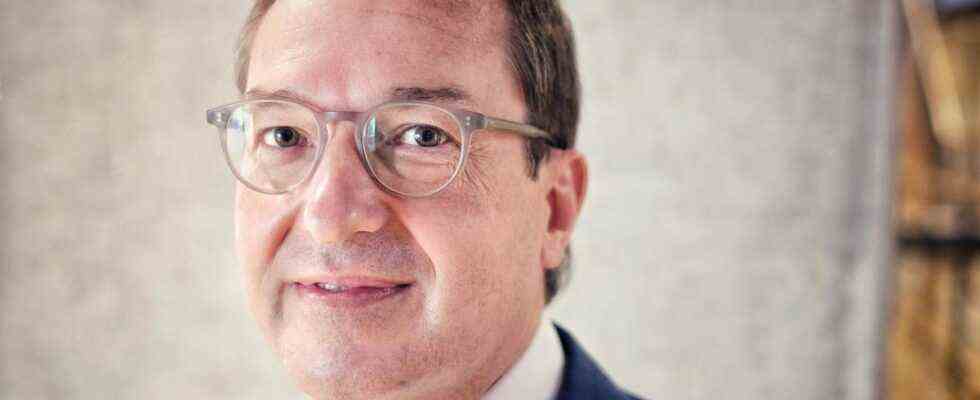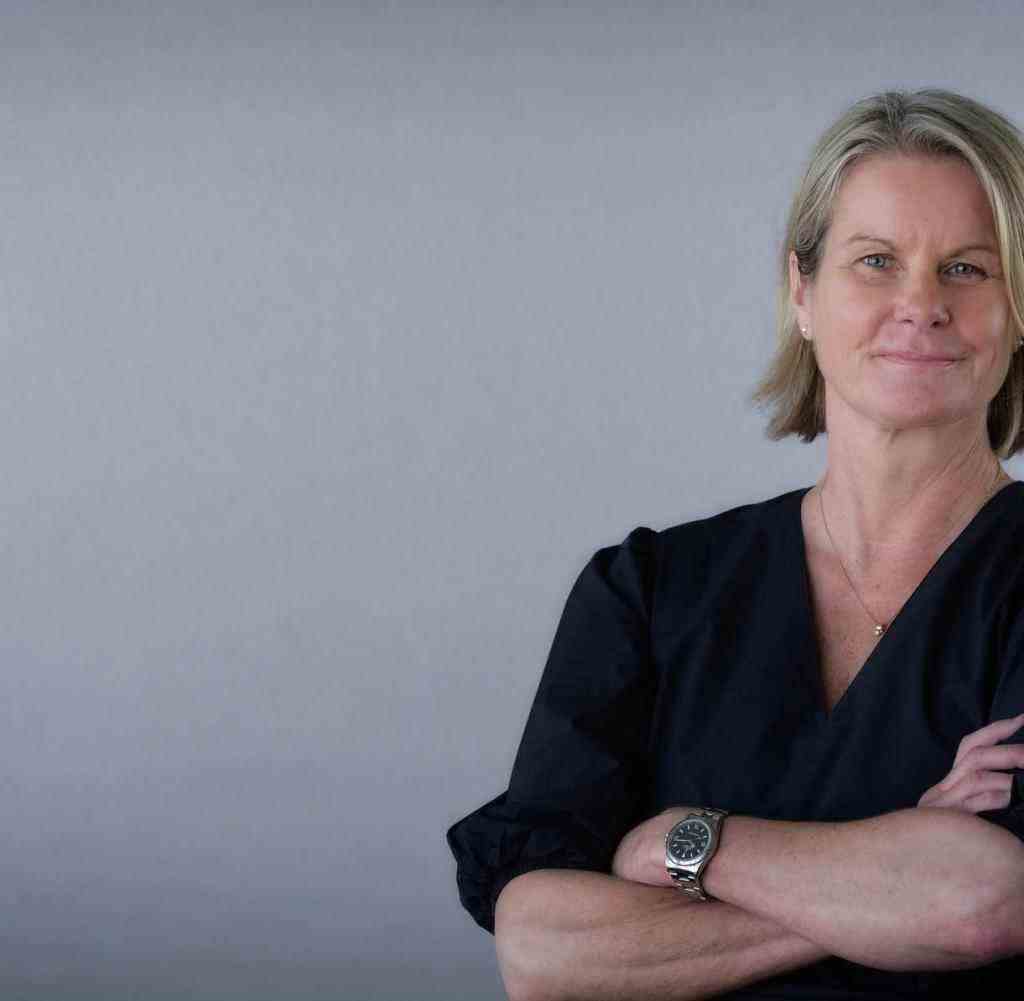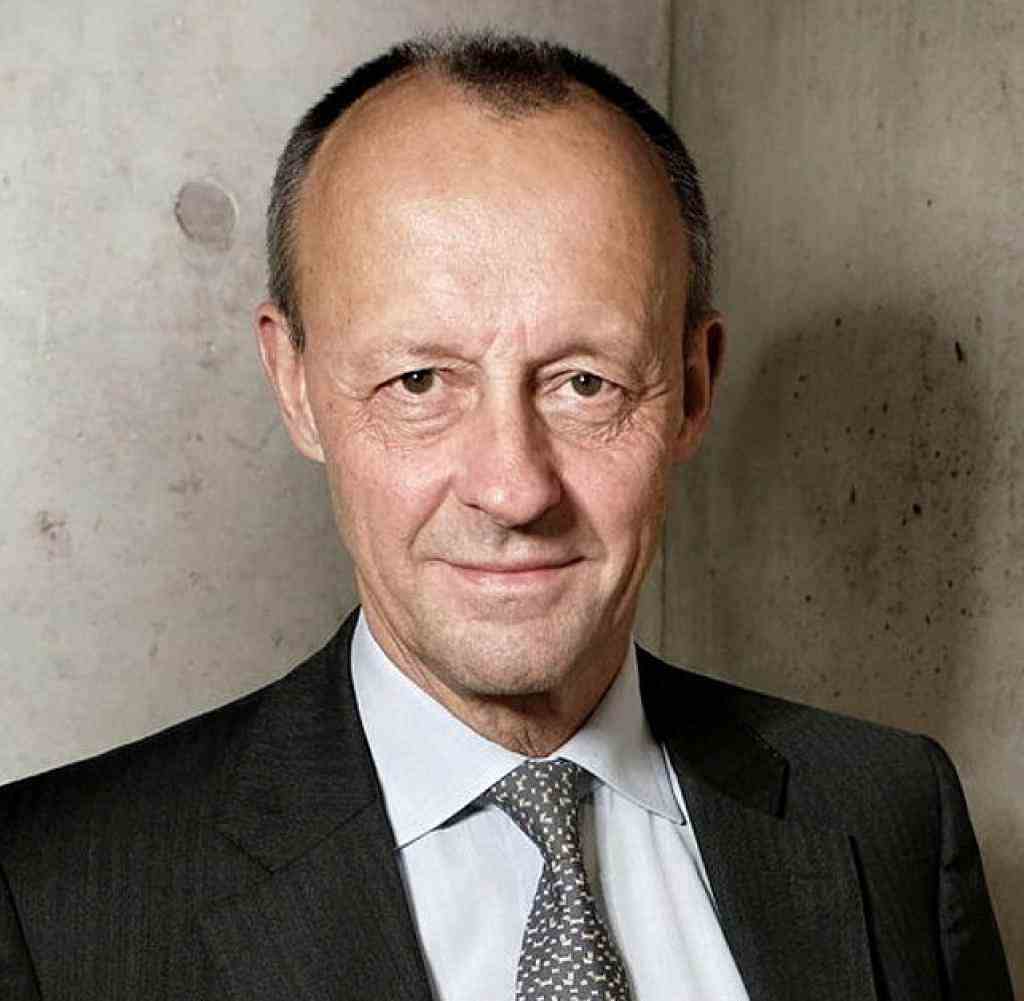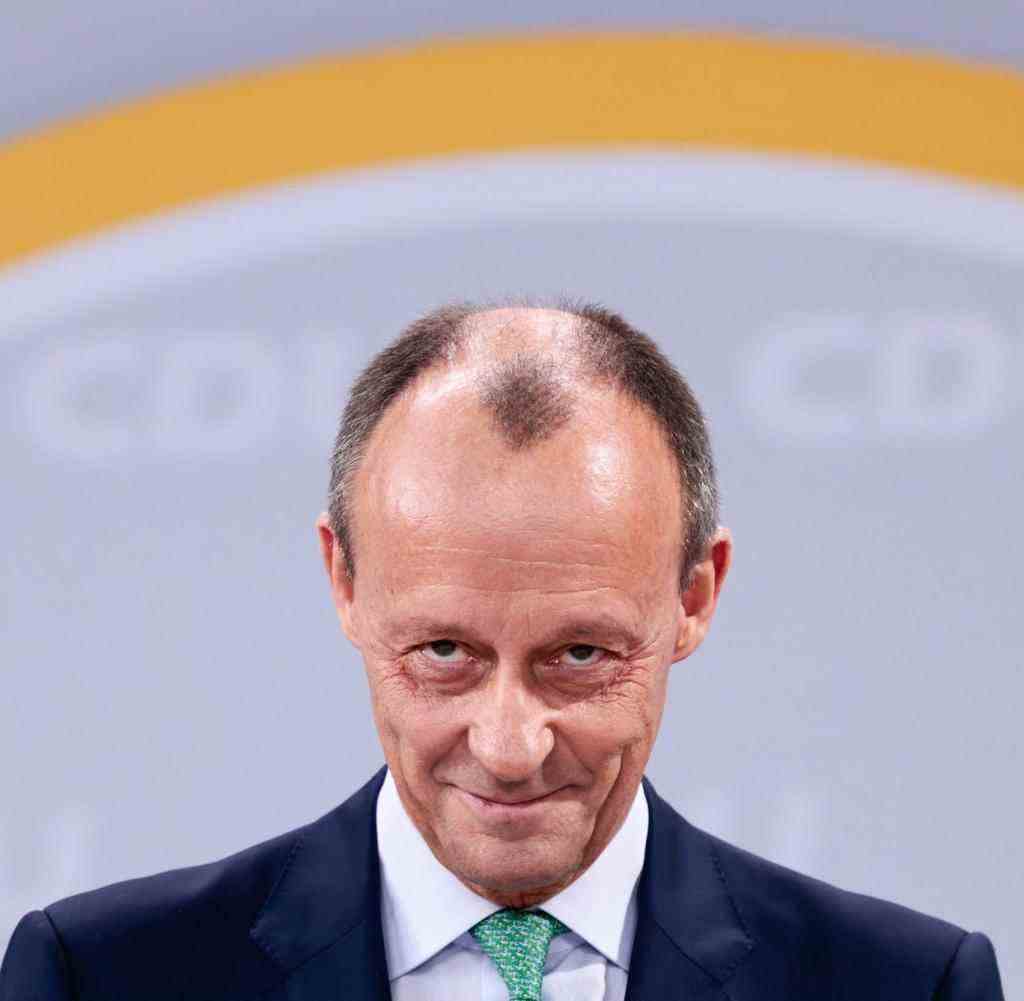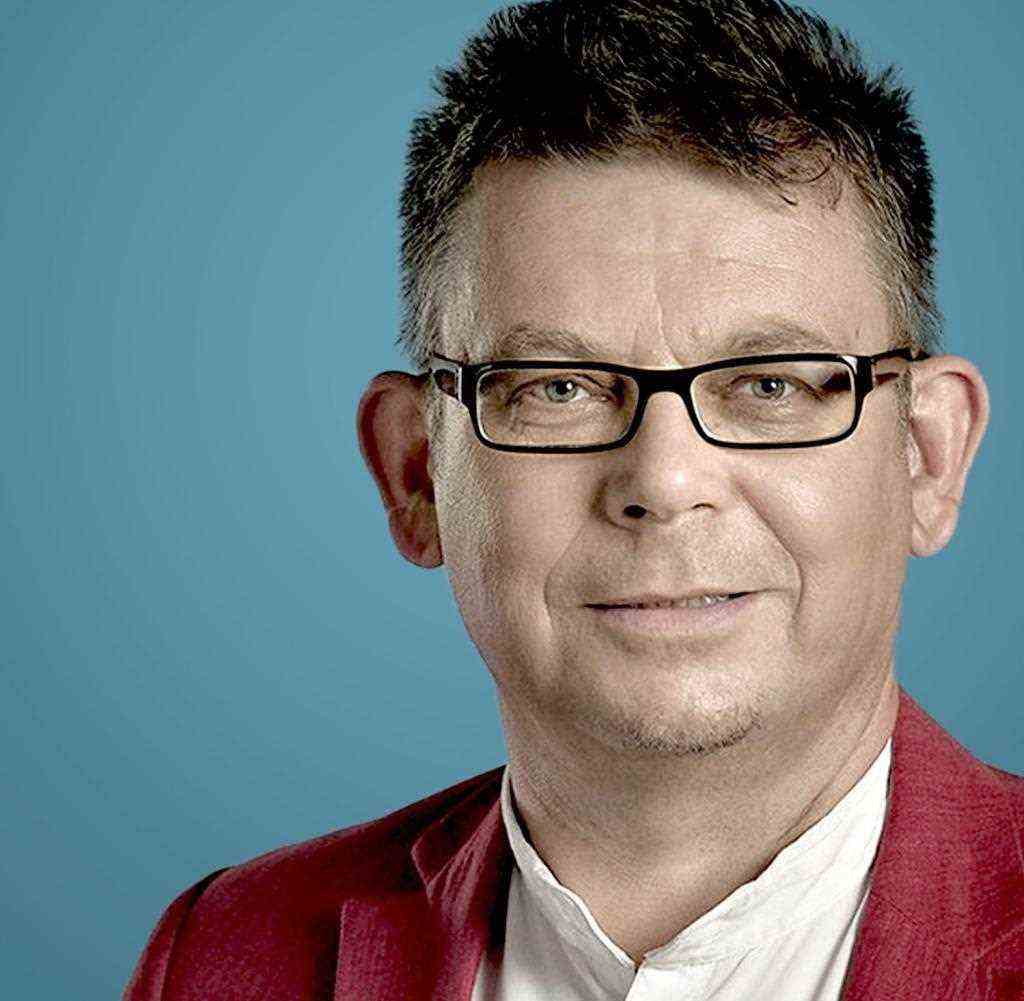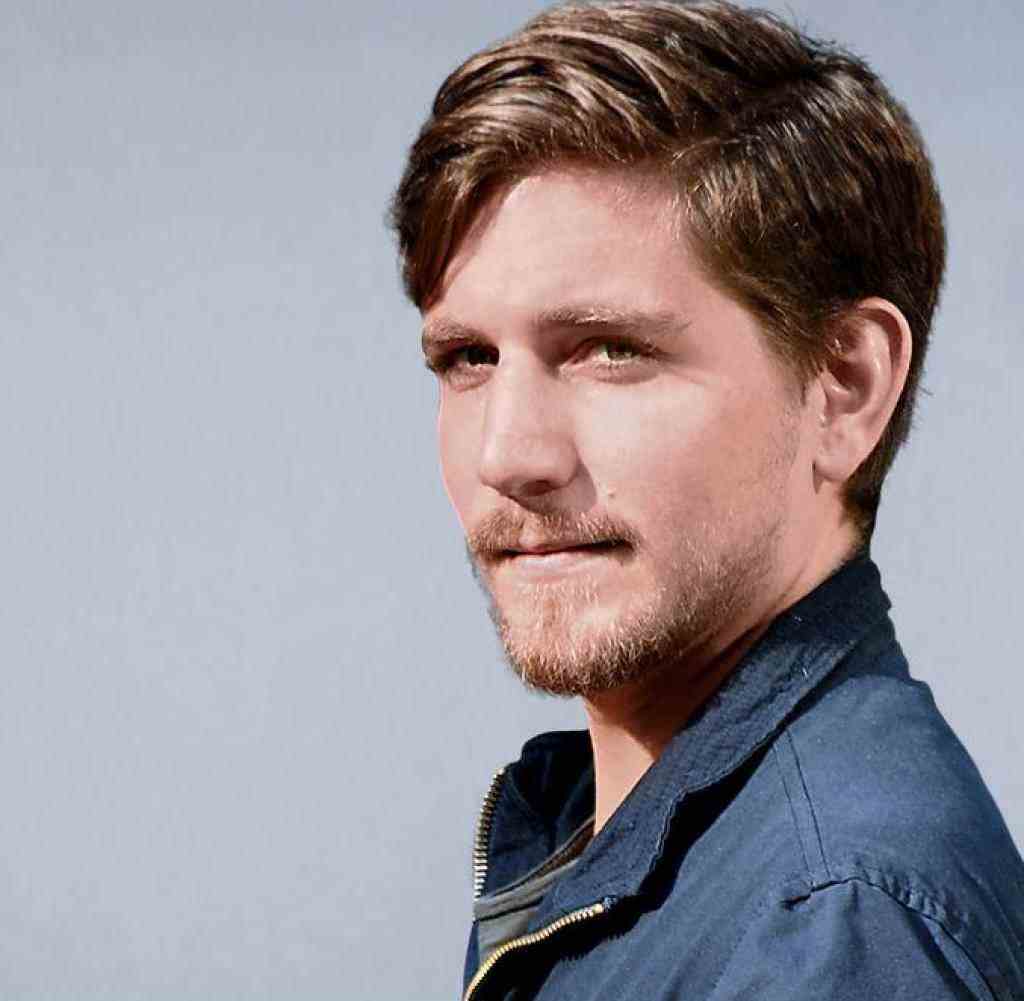WORLD: Mr. Dobrindt, would have Ukraine get guns, if the Union were still in power? CSU boss Markus Söder is against arms deliveries.
Alexander Dobrindt: Germany has a great responsibility for peace in Europe. For us, diplomacy is always in the foreground and not the call for arms deliveries. But to completely rule out the ability to defend, as parts of the traffic light do, or even to ban other countries in Europe from supporting Ukraine, does not correspond to my understanding of partnership and alliance.
Within the framework of joint initiatives, for example within the EU, arms deliveries may be possible. The provision of hospital capacities by the federal government is in any case internationally regarded as cynical.
WORLD: The SPD discussed its position on Russia on Monday. Without Chancellor Scholz. How do you rate that?
Dobrindt: Olaf Scholz shows a lack of leadership on central political issues – on compulsory vaccination, on the massive price increases due to inflation and unfortunately also on foreign policy. This is a real problem for the expectations that are attached to Germany internationally.
The SPD must clarify its position on the conflict with Russia in its own shop and also reconsider its position on former Chancellor Schröder. the conscious distortion of realitywhich Schröder runs, is unworthy of a former chancellor.
WORLD: Although little is heard from Scholz, there is no sign of the citizens longing for a chancellor Söder. Was the whole argument in the past year unnecessary?
Dobrindt: It is well known: I would have imagined the outcome of the selection of the candidate for chancellor differently. And I also believe that this will affect the outcome of the federal election would have affected. But looking in the rear-view mirror doesn’t help now. The strong result for Friedrich Merz as party leader is the chance for a new strength of the CDU.
I am now concerned with unity between the CDU and CSU and a strong joint parliamentary group in the German Bundestag. I look forward to working with Friedrich Merz in the leadership of the parliamentary group. We have to present the bourgeois corrective and the contrast program to left traffic light politics.
WORLD: What has to happen now?
Dobrindt: The Union must start the comeback. In addition to day-to-day politics, this also includes leading the major social debates and thinking about fundamental lines. Basic principles that guide this country must be more strongly associated with the Union again, such as freedom, achievement, justice.
WORLD: But do you get elected for “bigger lines”?
Dobrindt: We want to show attitude and provide orientation, which requires big, convincing lines. Crisis management alone is not enough as a political model. The crises are not going away, see current prices, Putin, pandemic. But that must not prevent us from consolidating the status of the Union as a civic force at the heart of our society.
WORLD: In the paper for your exam, which starts on Wednesday, you accuse the government of failing to show “respect”. Where is the awakening if you just turn a catchphrase from Scholz against him?
Dobrindt: We do both. But of course Scholz has to be measured by his promises. Just preaching respect is not enough.
We are currently experiencing a lack of respect for families who want to create living space because their subsidies are canceled overnight. Or a lack of respect for those who have recovered because they gave them overnight the recovered status deleted will. Or a lack of respect for labor income because promised relief is not being kept, but instead inflation is driving prices up.
WORLD: How does the concept of freedom fit into the plan for compulsory vaccination that your party leader, for example, is still pursuing?
Dobrindt: Vaccination is of course the way out of the pandemic and thus back to normality and freedom. This requires a balanced concept. But the traffic light delivers chaos instead of concepts because the federal government refuses to propose a vaccination law.
The four different concepts currently announced by the traffic light groups are evidence of the disagreement in the left-yellow government. We will as a Union faction own suggestion introduce.
Merz announces Union proposal for compulsory vaccination
The introduction of a general obligation to vaccinate remains controversial. The Union is now announcing its own proposal. At the same time, the implementation of the institution-related vaccination requirement could jeopardize the care of 200,000 people in need of care and the sick.
WORLD: How should it look?
Dobrindt: We want a preventive vaccination law. This means that compulsory vaccination can be an additional measure against the pandemic, but it must be adapted to the respective situation. The risk or the danger of an infection developing combined with the expected burdens on the health system are the decisive factors.
This may only be limited in time and applied to vulnerable groups or age groups. The Vaccination Prevention Act creates the basis for this, and the Bundestag and Bundesrat must explicitly decide again whether it will come into force. However, this was done under close scientific advice.
WORLD: Health Minister Karl Lauterbach (SPD) says that compulsory vaccination after sharpening needs five to six months to take effect.
Dobrindt: This is about precaution. And perhaps Lauterbach should stop chasing the golden microphone and take preparatory action instead of speculating. The introduction of a vaccination register, for example, would be a sensible measure that Lauterbach has so far refused to take.
WORLD: The majority of citizens are in favor of compulsory vaccination, in favor of maintaining the corona measures, and in some cases even more stringent measures. Can this majority opinion continue to be the benchmark?
Dobrindt: The emotional balance between security and freedom is answered differently in society today than it was last year. Omicron and the progress in vaccination have completely changed the situation. Some of my personal encounters also differ from the surveys.
With rising incidences, it has also been learned to advocate stricter measures. But the incidence as a benchmark has had its day at Omicron. Hospital occupancy must be the guiding benchmark for politics. That is why decisions on opening prospects are also needed in February.
WORLD: Is that a plea for a contamination?
Dobrindt: No. But the virus will stay and we have to adjust how we deal with it. It is a plea for more personal responsibility. Measures such as the obligation to wear masks are still needed. But we have to present a perspective of reducing the restrictions of everyday life bit by bit – in trade, in gastronomy, in culture, sport, leisure.
in the Podcast “Kick-off Politics” we give you the most important background information on a top political topic of the day from Monday to Friday in conversation with WELT experts. From 6 a.m., in just 10 minutes.

